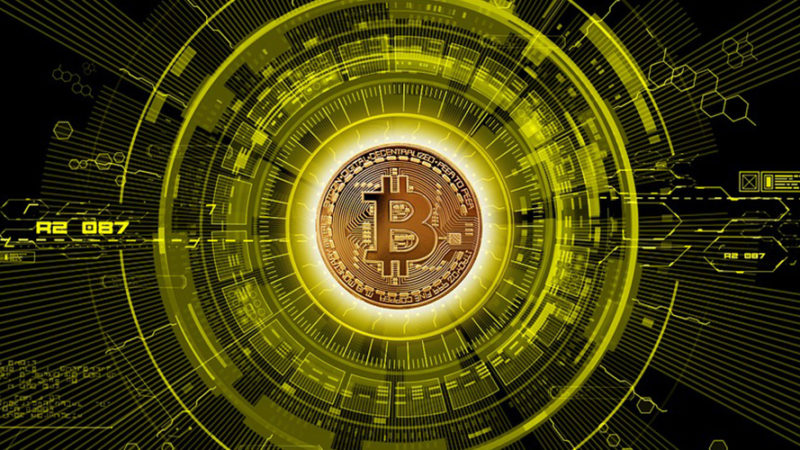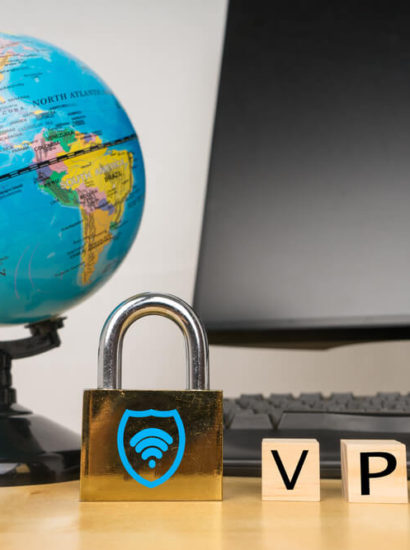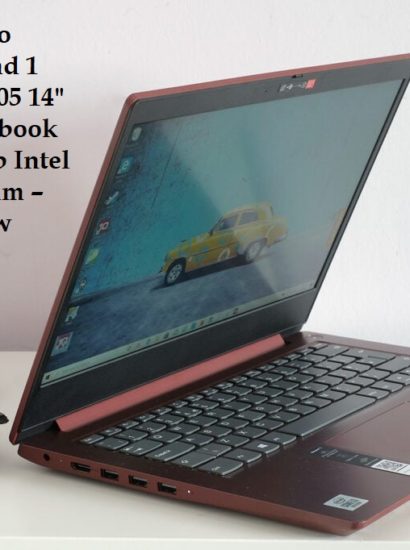The ongoing COVID19 global pandemic has caused massive disruption in the global supply chain. While almost every industry is facing a supply chain crisis, critical medical supplies are among the most affected. Many organizations are trying to transform their supply chains to manufacture more of these products. But, with global disruption, the world needs a more innovative approach to streamlining supply chains. Blockchain might be the answer.
How Blockchain can Streamline the Global Supply Chain
In China, the number of COVID19 cases has finally taken a downwards turn. Now, many factories in the mainland that manufacture critical medical supplies are coming back online. Hence, the demand for these products is skyrocketing on unprecedented scales. Coupled with global internet access, contracts of millions of dollars are being done on much faster timelines.
The US, EU, and non-EU guidelines for critical supplies are being updated constantly. In such uncertain times, blockchain technology can help with the following areas in the global supply chain:
Product Requirements
One of the major problems facing manufacturers is varying product requirements. Different countries and health systems have different standards for critical medical products. This leads to a lot of confusion and inefficiency as to what factories should focus on producing.
Blockchain can provide some sort of structure to bridge the gap between manufacturers and health systems. Which, healthcare firms can use to communicate their product requirements directly to manufacturers. At the same time, the same can handle updating product requirements and specifications as the situation evolves,
Supplier Credibility
Supplier credibility is an important concern, especially in the global pandemic when the right supplies are needed at the right time. Not only that, but there also needs to be dependability that the supplier will deliver goods to the correct specifications.
In the current situation, there is a lot of uncertainty surrounding these areas. A blockchain system can allow healthcare firms to accurately assess their suppliers in terms of quality control. This can add credibility to suppliers that are likely to meet high production volumes and specifications.
Financial Payments
Freight companies, manufacturers, and transporters are all looking to get upfront payments in these uncertain times. Of course, many of them are still not at full capacity, with workers slowly coming back online in mainland China. At such a time, suppliers are being overly cautious to accept only purchase requests with credibility.
This is another area where blockchain can streamline things. A mechanism can be structured that accepts trade finance payments in advance to suppliers. The same mechanism then disburses the funds as working capital. To optimize this function, suppliers and firms need to lay down key milestones and performance indicators.
Customs Certifications
The need for medical equipment currently supersedes bureaucratic red tape. That means there is a need for customs certifications to be efficiently and timely validated. This is essential if deliveries of medical equipment globally are to follow tighter timelines. Blockchain has been used in the past to regulate customs processes for the export of items like pharmaceutical drugs to wildlife. The same mechanism can be applied to regulate customs certifications of essential medical equipment.
Check Out: Sarcardiology.com
Transportation Tracking
Another major problem in the current supply chain landscape is transport tracking. Transport is an important aspect of the entire supply chain function. It ensures the right products move from the right factories to the right ports. Form there they should move to the right distribution channels and to the right healthcare organizations that need them. And of course, with medical equipment, all of this must be done under the right conditions.
Blockchain can help validate transport options to a large degree. It can allow health centers to transparently track the movement of supplies throughout the chain. And of course, it offers a secure, tamper-free environment to do so.
While blockchain has definite applications in the supply chain, there are many broader ones as well. In the coming times, with many other countries reporting an escalation of COVID19, standard processes may fail. An already overburdened healthcare system can add to the problem. Blockchain applications may well hold the key to effectively defeating coronavirus ahead.













